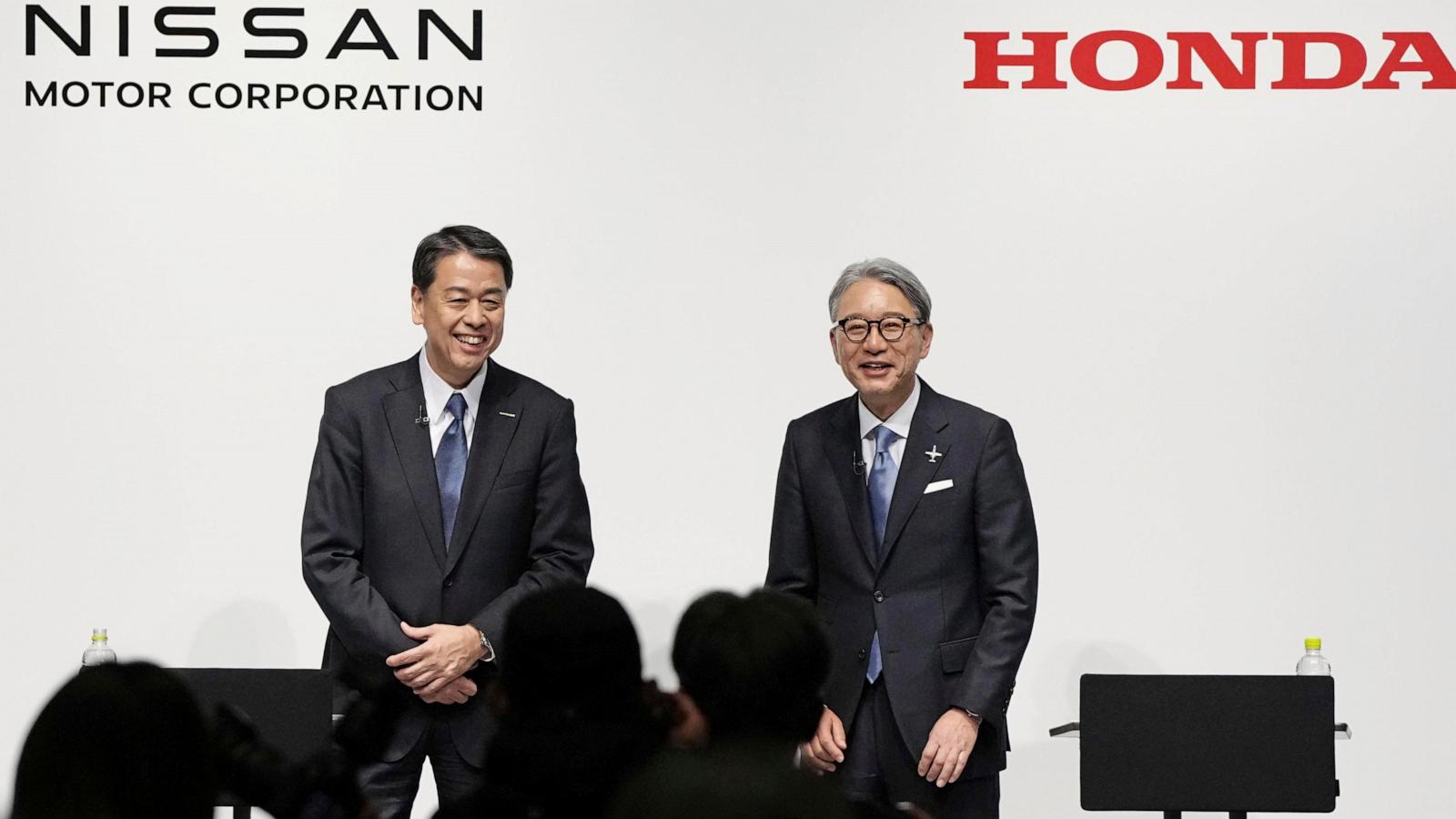Nissan and Honda: A Merger That Could Reshape the Global Auto Industry?
Get ready for a seismic shift in the automotive world! Japan's auto giants, Nissan and Honda, are reportedly in merger talks, a move that could create a global powerhouse and completely disrupt the industry as we know it. This mega-merger has the potential to change the game for electric vehicles (EVs), challenge industry leaders, and create exciting innovations in the global auto market. Could this be the biggest automotive news of the decade?
The Potential Powerhouse
Imagine a combined entity controlling millions of vehicles annually. The potential union of Nissan, Honda, and even Mitsubishi Motors would form an automotive colossus. With a combined market capitalization exceeding $50 billion, they would possess the scale and resources to compete head-to-head with giants like Toyota and Volkswagen. This merger isn't just about numbers; it's about establishing a dominant presence in the rapidly evolving electric vehicle market and challenging Tesla's stronghold.
The EV Revolution and Beyond
The global automotive landscape is undergoing an unprecedented transformation. The shift from fossil fuels to electric vehicles and the rise of autonomous driving technologies demand significant investments in research, development, and manufacturing capabilities. By combining their strengths, the merged entity would potentially enhance their competitiveness by leveraging combined resources. This collaboration would help both companies cut costs and expedite development of critical technologies for autonomous vehicles and improved batteries. This is more than just a merger; it is a strategic survival move.
A Response to Competition
The Chinese automotive market has seen enormous growth in recent years, putting increasing pressure on established players like Nissan and Honda. Chinese electric car manufacturers are not only challenging global incumbents in the home market, but rapidly gaining ground overseas. A merger, consolidating resources, expertise, and technologies will significantly increase their chance of outpacing their Chinese counterparts, allowing the Japanese car manufacturers to compete on the world stage on an even playing field. For the first time, this collaboration allows the merger to hold its ground and compete in one of the world's largest auto markets.
Restructuring and Challenges
This isn't a fairytale. The road to success involves challenges. Combining two large companies creates redundancies and job losses. Nissan's recent struggles underscore the need for aggressive restructuring to streamline operations, cut costs, and respond swiftly to market trends. However, it could help to reduce overlapping resources, improving efficiency and boosting overall revenue.
Take Away Points
- The potential merger of Nissan and Honda could create a global auto industry giant.
- The combined entity would likely accelerate innovation in electric vehicles and autonomous driving.
- The merger could significantly impact the global balance of power in the automotive sector and the competition from Chinese automotive manufacturers.
- Despite numerous benefits, challenges from integrating two large organizations still remain.




